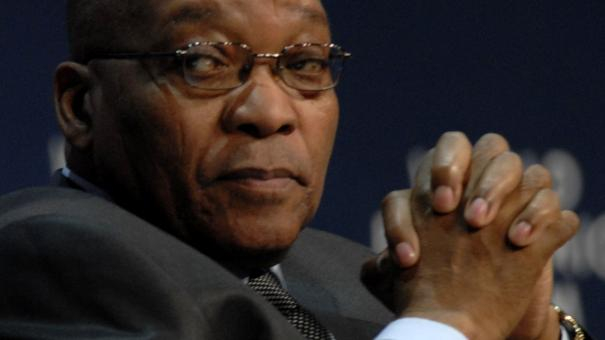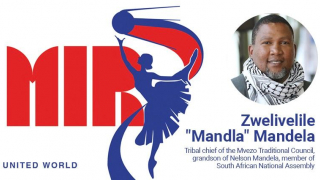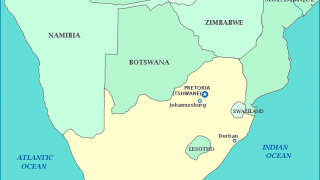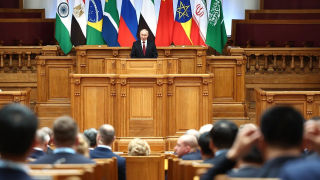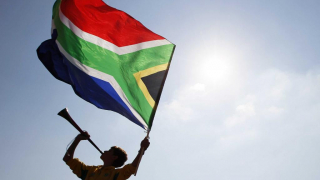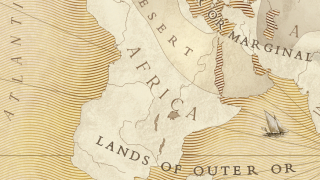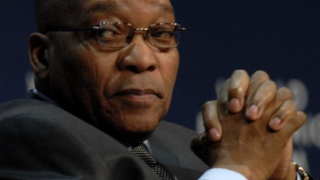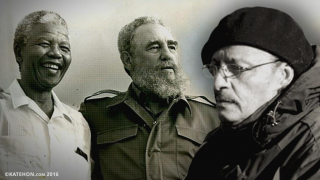NOT QUITE IMPEACHMENT: WHAT SOUTH AFRICA CAN EXPECT AFTER JACOB ZUMA
South African president Jacob Zuma is one again threatened by an impeachment. He has gotten lucky this time: the South African supreme court has judged, that, in agreement with the current legislature, the parliament does not have the right to hold him accountable for a corruption scandal.
On the one hand, the court has protected the president from a quick impeachment. On the other hand, it has given parliament the opportunity to, in the future, create an easier procedure.
The president can be held accountable only if it is confirmed that his actions have ‘seriously breached the constitution’. The problem is, that at the current moment the constitution does not have a clear definition of a ‘serious breach’, and the court allowed the parliament to work on developing the concept. They also explained, that if the parliament executes the procedure according to the rules, the speaker can start an impeachment procedure.

